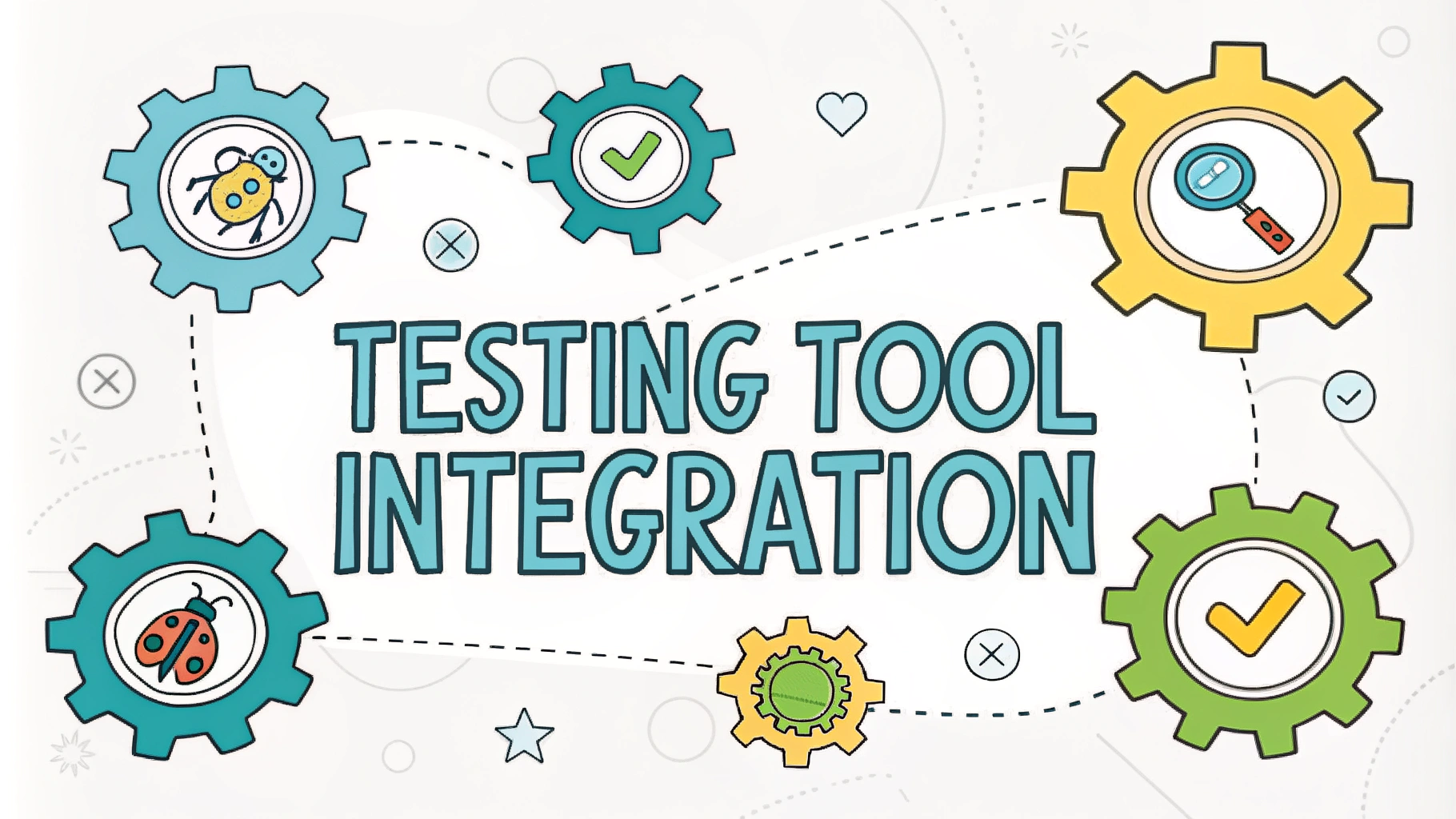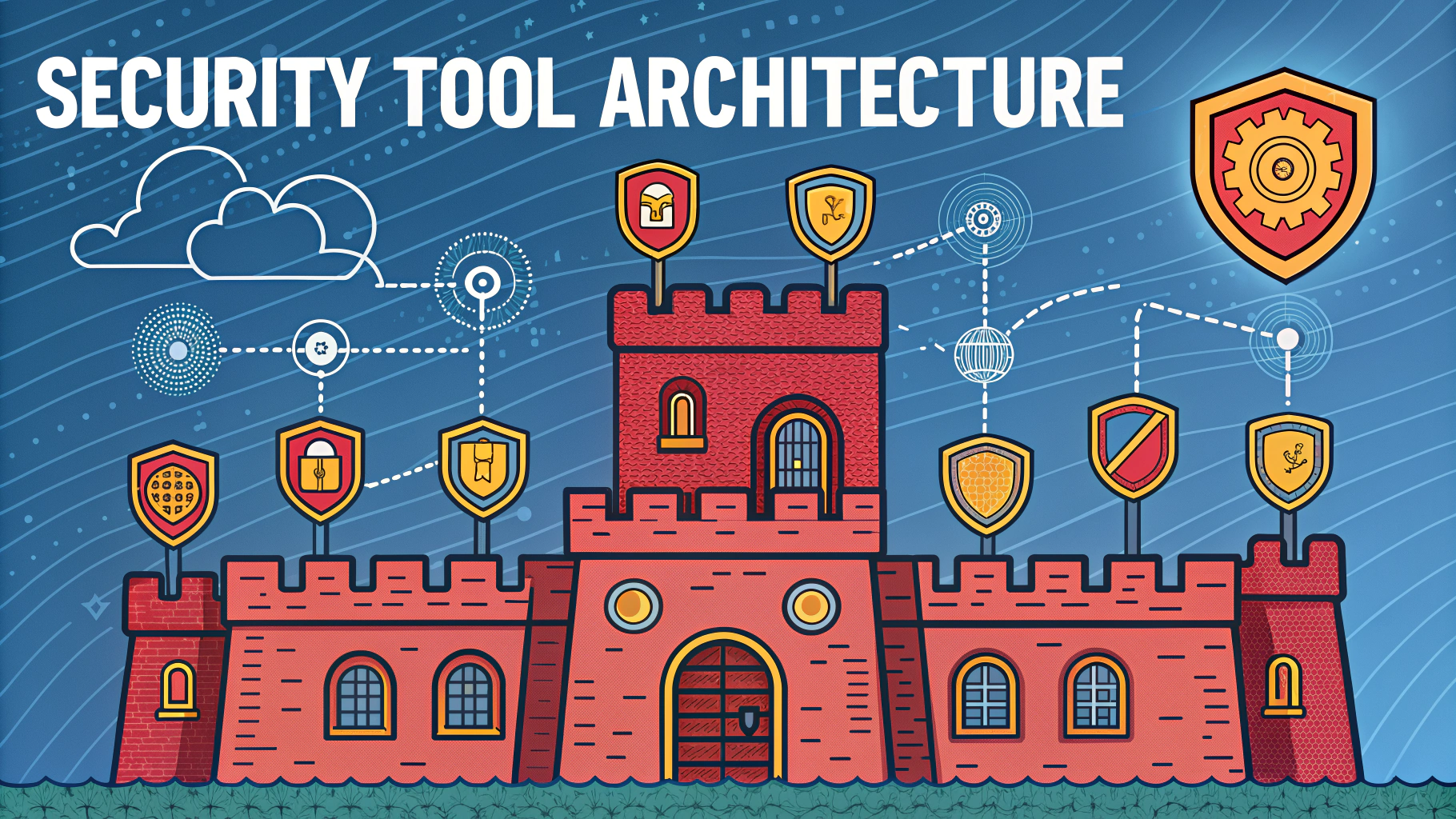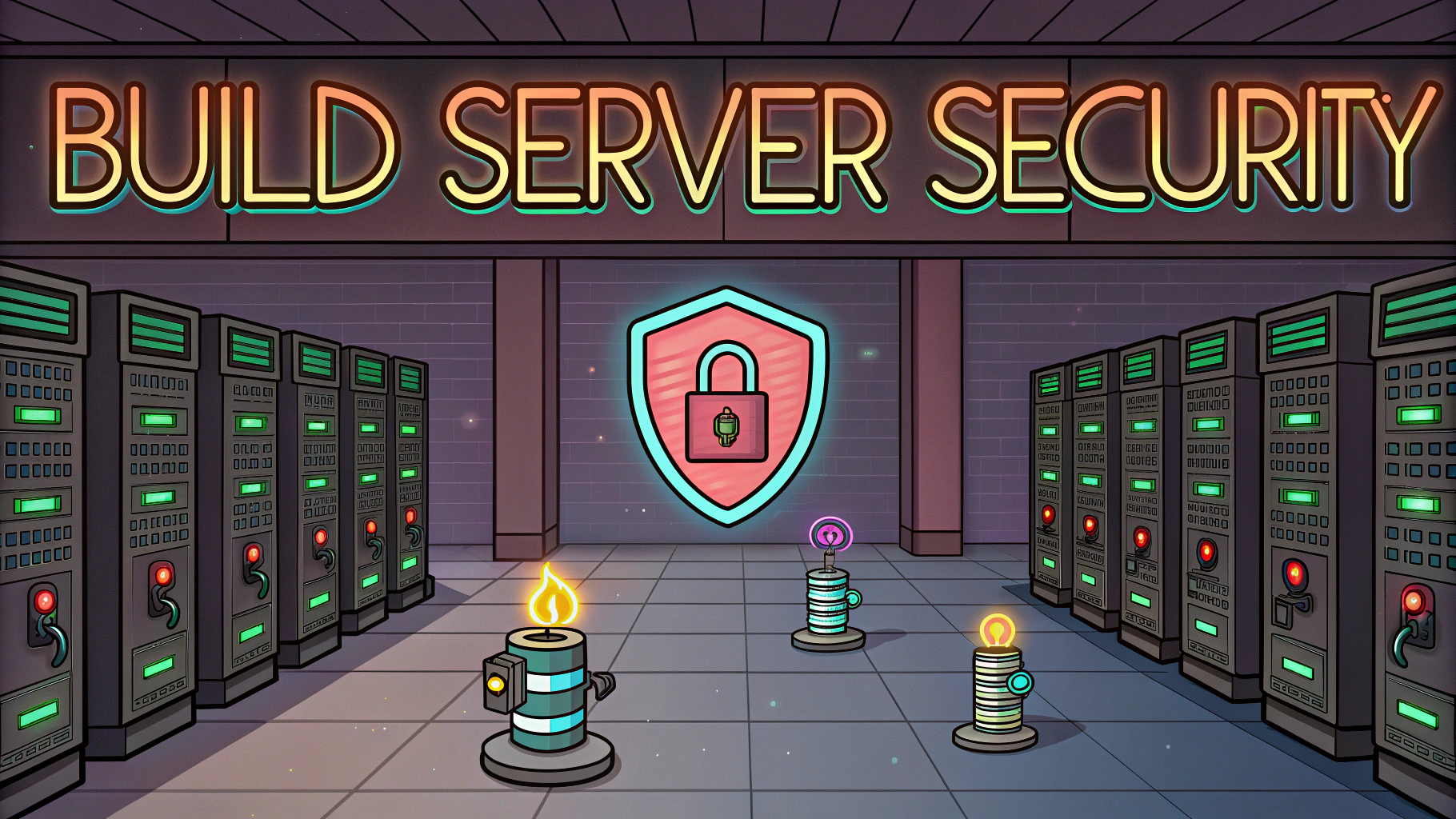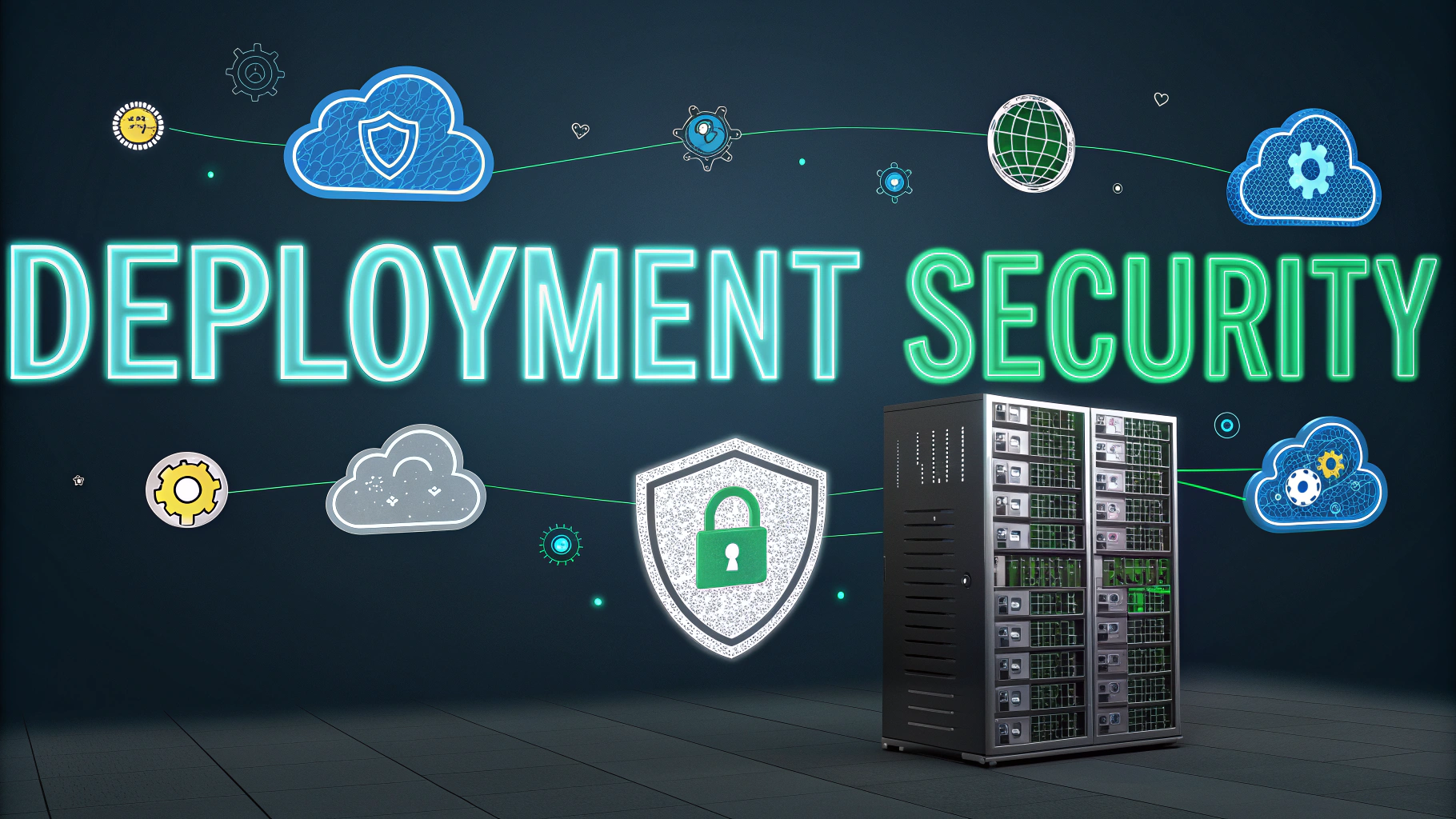Security researchers who specialize in penetration testing protect organizations by finding and fixing vulnerabilities before malicious hackers can exploit them.
Breaking into this field requires technical expertise, ethical standards, and continuous learning to stay ahead of evolving cyber threats.
This guide outlines the path to becoming a penetration tester, including required skills, certifications, and practical steps to launch your career.
Required Skills and Knowledge
- Programming languages (Python, Java, C++)
- Operating systems (Linux, Windows, macOS)
- Networking protocols and architecture
- Web application security
- Mobile security testing
- Scripting and automation
- Security tools and frameworks
Essential Certifications
- CompTIA Security+ – Entry-level security certification
- CEH (Certified Ethical Hacker) – Industry-standard ethical hacking certification
- OSCP (Offensive Security Certified Professional) – Highly respected hands-on penetration testing certification
- GPEN (GIAC Penetration Tester) – Advanced penetration testing certification
Building Practical Experience
- Set up a home lab with virtual machines
- Practice on legal platforms:
- Participate in bug bounty programs:
Career Progression
| Position | Experience | Salary Range (USD) |
|---|---|---|
| Junior Penetration Tester | 0-2 years | $60,000 – $85,000 |
| Penetration Tester | 2-5 years | $85,000 – $120,000 |
| Senior Penetration Tester | 5+ years | $120,000 – $160,000+ |
Getting Your First Job
- Build a portfolio with documented penetration testing projects
- Contribute to open-source security tools
- Network at security conferences and meetups
- Join professional organizations:
- OWASP (Open Web Application Security Project)
- ISC² (International Information System Security Certification Consortium)
Essential Tools to Master
- Kali Linux – Security testing operating system
- Metasploit – Penetration testing framework
- Burp Suite – Web application security testing
- Wireshark – Network protocol analyzer
- Nmap – Network scanning tool
Next Steps for Success
Start with basic certifications and hands-on practice in your home lab while building a network of security professionals.
Document all your testing projects and create detailed reports to showcase your technical writing skills.
Stay updated with security news and continuously improve your skills through online courses and practical exercises.
Industry Best Practices
- Follow ethical guidelines and legal requirements
- Maintain detailed documentation of all testing activities
- Use secure communication channels with clients
- Implement proper scope management
- Regular reporting and status updates
Specialization Areas
Web Application Testing
- OWASP Top 10 vulnerabilities
- API security testing
- Authentication bypass techniques
Network Testing
- Infrastructure assessment
- Wireless network security
- Social engineering attacks
Common Challenges
- Keeping up with evolving threats
- Managing client expectations
- Balancing automated and manual testing
- Avoiding false positives
- Meeting tight deadlines
Building Your Professional Brand
- Create a professional blog
- Share knowledge on social media
- Present at security conferences
- Mentor junior professionals
- Publish research papers
Launching Your Security Career
Success in penetration testing requires dedication, continuous learning, and strong ethical principles. Focus on building practical skills through hands-on experience while maintaining professional certifications. Engage with the security community and stay current with emerging threats and defense techniques.
Remember that reputation and trust are crucial in this field. Always maintain professionalism and ethical standards while contributing to the broader security community.
FAQs
- What qualifications do I need to become a penetration tester?
A bachelor’s degree in cybersecurity, computer science, or information technology is common, though certifications like CompTIA Security+, CEH, OSCP, or GPEN are often more valued. Practical experience and hands-on skills are crucial. - How much can I expect to earn as a penetration tester?
Entry-level penetration testers typically earn $60,000-$85,000, while experienced professionals can earn $120,000-$160,000+ annually. Senior positions and specialized roles can command higher salaries. - What technical skills are essential for penetration testing?
Key skills include networking fundamentals, programming (Python, Bash, Ruby), operating systems (Linux, Windows), web application security, wireless security, and proficiency with penetration testing tools like Metasploit, Burp Suite, and Nmap. - How do I gain practical experience before landing my first job?
Practice on legal platforms like HackTheBox, TryHackMe, or VulnHub, participate in bug bounty programs, set up home labs, and contribute to open-source security projects. - What certifications are most respected in the penetration testing field?
Offensive Security Certified Professional (OSCP), GIAC Penetration Tester (GPEN), Certified Ethical Hacker (CEH), and CompTIA PenTest+ are highly regarded certifications. - Is coding knowledge necessary for penetration testing?
Yes, understanding coding is essential. Python and Bash scripting are particularly important for automation and custom tool development. Knowledge of web technologies (HTML, JavaScript, PHP) is also valuable. - What are the different specializations within penetration testing?
Specializations include web application testing, mobile security testing, network penetration testing, IoT security testing, social engineering, and red team operations. - How long does it typically take to become a professional penetration tester?
Most professionals spend 3-5 years building necessary skills and experience. This includes formal education, certification preparation, and practical experience through internships or entry-level security roles. - What legal considerations should I be aware of in penetration testing?
Always obtain written permission before testing, understand scope limitations, maintain confidentiality, and be familiar with relevant laws like the Computer Fraud and Abuse Act (CFAA). - What tools should I master first as a beginner?
Start with Nmap for network scanning, Burp Suite for web application testing, Metasploit for exploitation, and Wireshark for network analysis.







